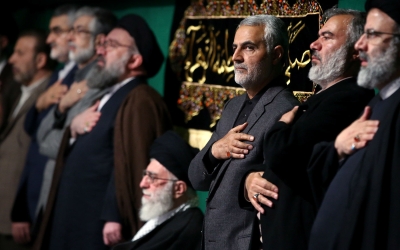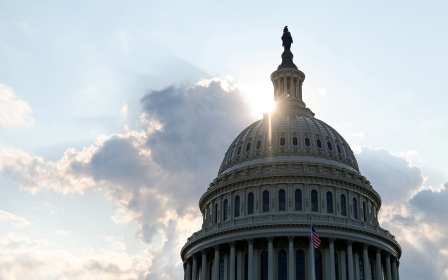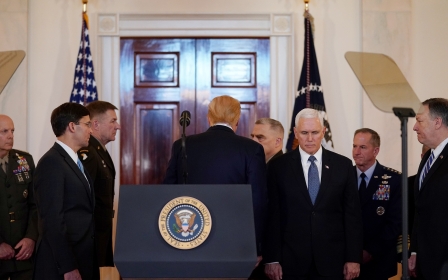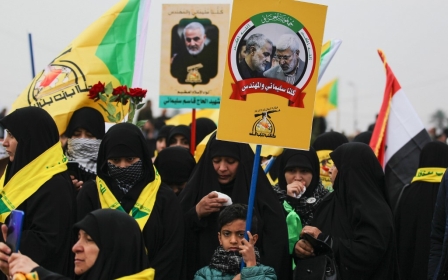Donald Trump authorised Soleimani's killing seven months ago: Report
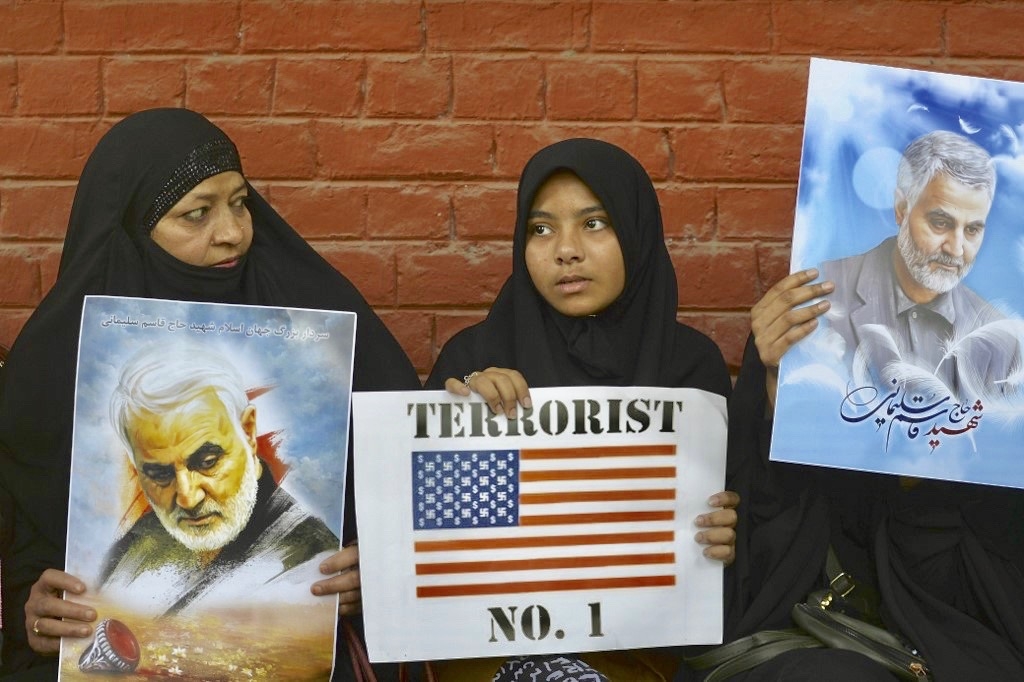
US President Donald Trump authorised the killing of Iran's top general, Qassem Soleimani, some seven months ago, and the assassination was subject to whether Iranian aggression resulted in the death of an American, NBC News reported citing five US officials.
Officials told the US broadcaster on Monday that the directive was first issued in June 2019, and was also on condition that Trump would have final authorisation on the specific operation.
"There have been a number of options presented to the president over the course of time," a senior administration official told NBC.
The official added that the president's aides put assassinating Soleimani on the list of potential responses to Iranian aggression "some time ago".
On 3 January, a US strike killed Soleimani and Abu Mahdi al-Muhandis, the deputy head of Iraq's Popular Mobilisation Forces (PMF), an umbrella grouping of militia groups.
US-Iran tensions reached boiling point with Tehran firing ballistic missiles at military bases that host American troops in Iraq. The attacks did not result in any casualties.
Iraq's parliament denounced Soleimani's assassination, saying it "violated Iraqi sovereignty." Prime Minister Adel Abdul Mahdi even called for American forces to leave Iraq.
Meanwhile, The Trump administration justified the targeted killing, saying it was in self-defence to prevent imminent attacks on Americans.
However, according to report published by the Washington Post last week, Trump also ordered the killing of Abdul Reza Shahlai, a key commander in Iran's elite Quds Force who was reported to be active in Yemen.
The strike on Shahlai failed, yet underlines a similar point that there may not have been an imminent attack on the US or Americans as the administration had previously stated.
'It doesn't really matter'
Trump fuelled controversy later on Monday over his decision to kill Soleimani by saying "it doesn't really matter" whether the general posed an imminent threat to the US.
"The Fake News Media and their Democrat Partners are working hard to determine whether or not the future attack by terrorist Soleimani was 'imminent' or not, & was my team in agreement," Trump wrote on Twitter.
"The answer to both is a strong YES., but it doesn’t really matter because of his horrible past!"
Democrats, who are trying to pass legislation to rein in Trump's ability to wage war on Iran without lawmakers' approval, have sharply disagreed.
"You cannot take military action against another nation without congressional consent unless to defend against an imminent attack," Democratic Senator Chris Murphy said on Twitter.
"It's clear now this was an illegal action. That also has made America less safe," he said, noting the NBC News report that Trump authorised the killing of Soleimani seven months ago.
'Only if they hit Americans'
According to NBC, the idea to kill Soleimani was first floated in 2017 by Trump's former security adviser Army Lt Gen Herbert McMaster.
Officials said that after a US drone was shot down by Iran in June 2019, John Bolton, then Trump's national security adviser, urged the president to sign off on the operation to kill Soleimani.
Trump rejected the idea, saying that action would only be taken if Iran takes an American life.
The president's message was "that's only on the table if they hit Americans," a person briefed on the discussion told NBC News.
Bolton later left the White House. Trump says he was fired over policy disagreements on Iran.
US Democrats have criticised Trump's unilateral decision to order the killing of Soleimani, and on Friday, the House passed a measure seeking to limit Trump's military actions against Iran.
Democrats are not alone in slamming Trump for his Iran policy. An ABC News/Ipsos poll taken over the weekend found that 56 percent of all Americans disapprove of Trump's handling of the situation with Iran.
Middle East Eye delivers independent and unrivalled coverage and analysis of the Middle East, North Africa and beyond. To learn more about republishing this content and the associated fees, please fill out this form. More about MEE can be found here.


